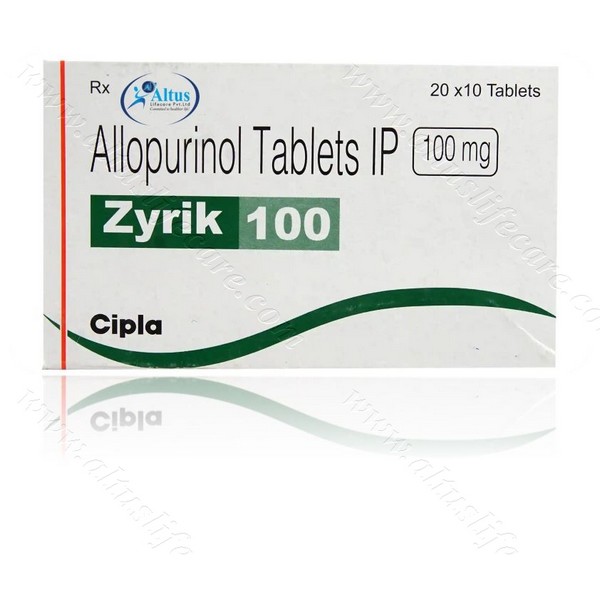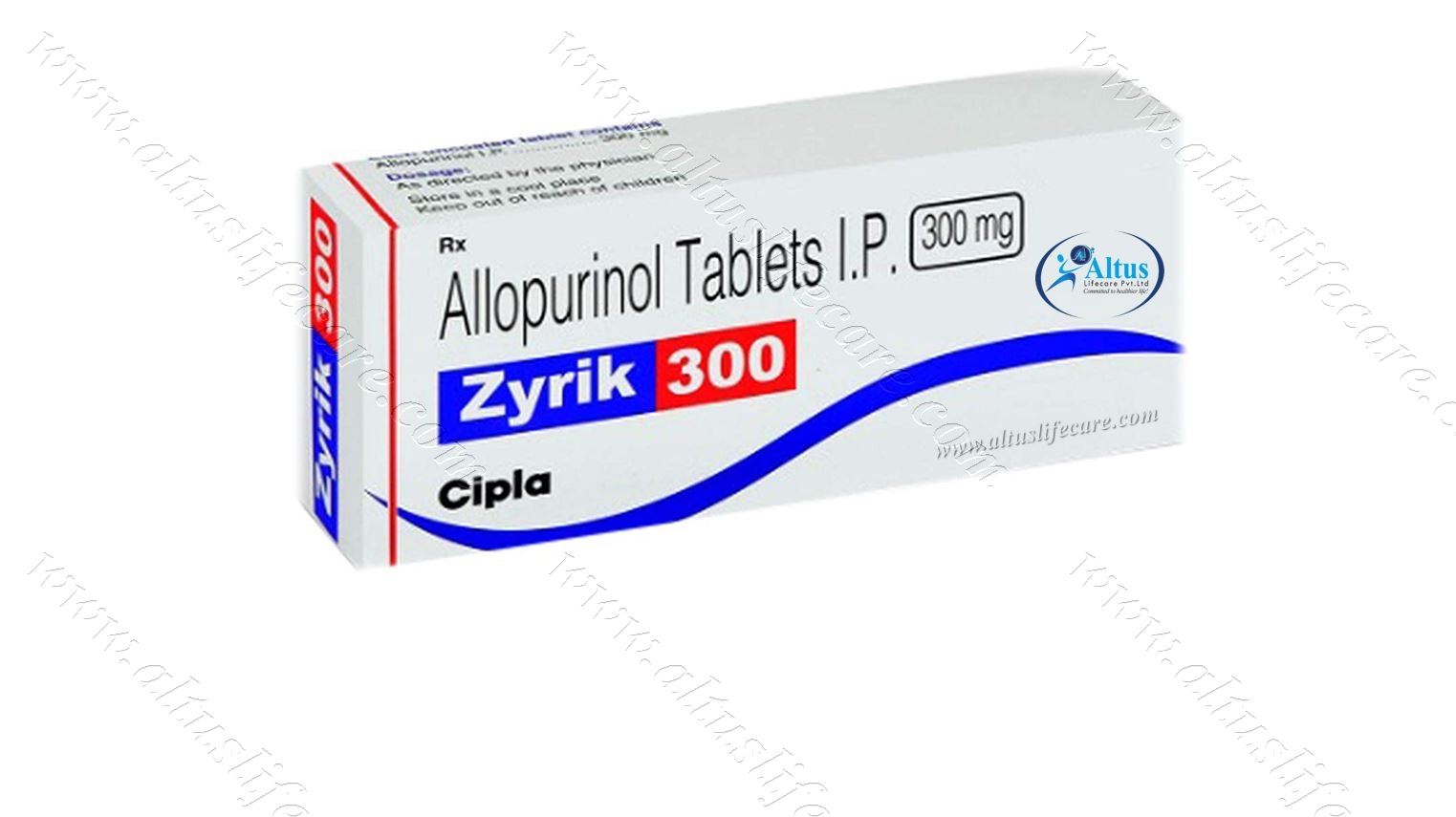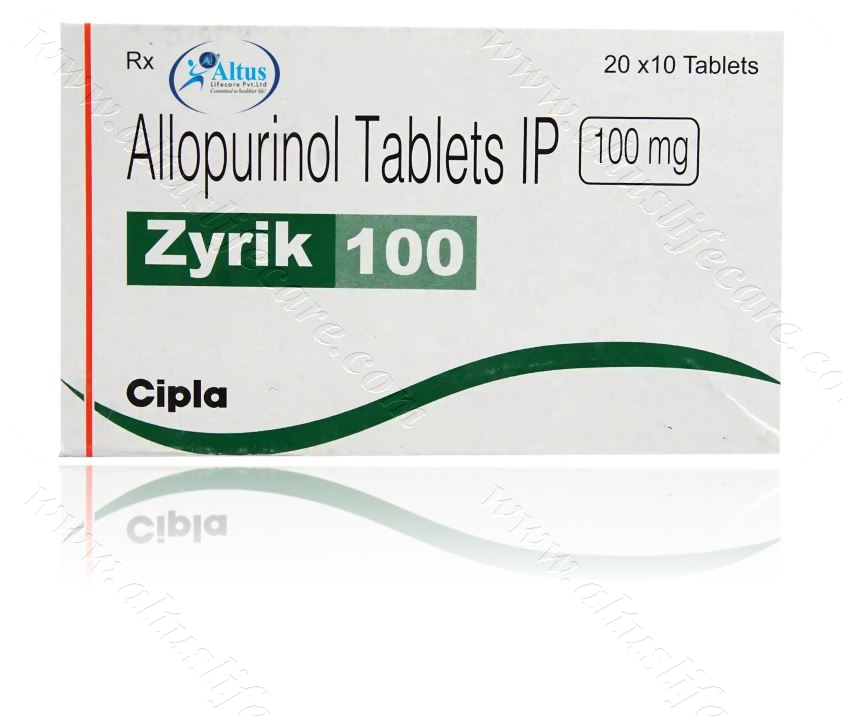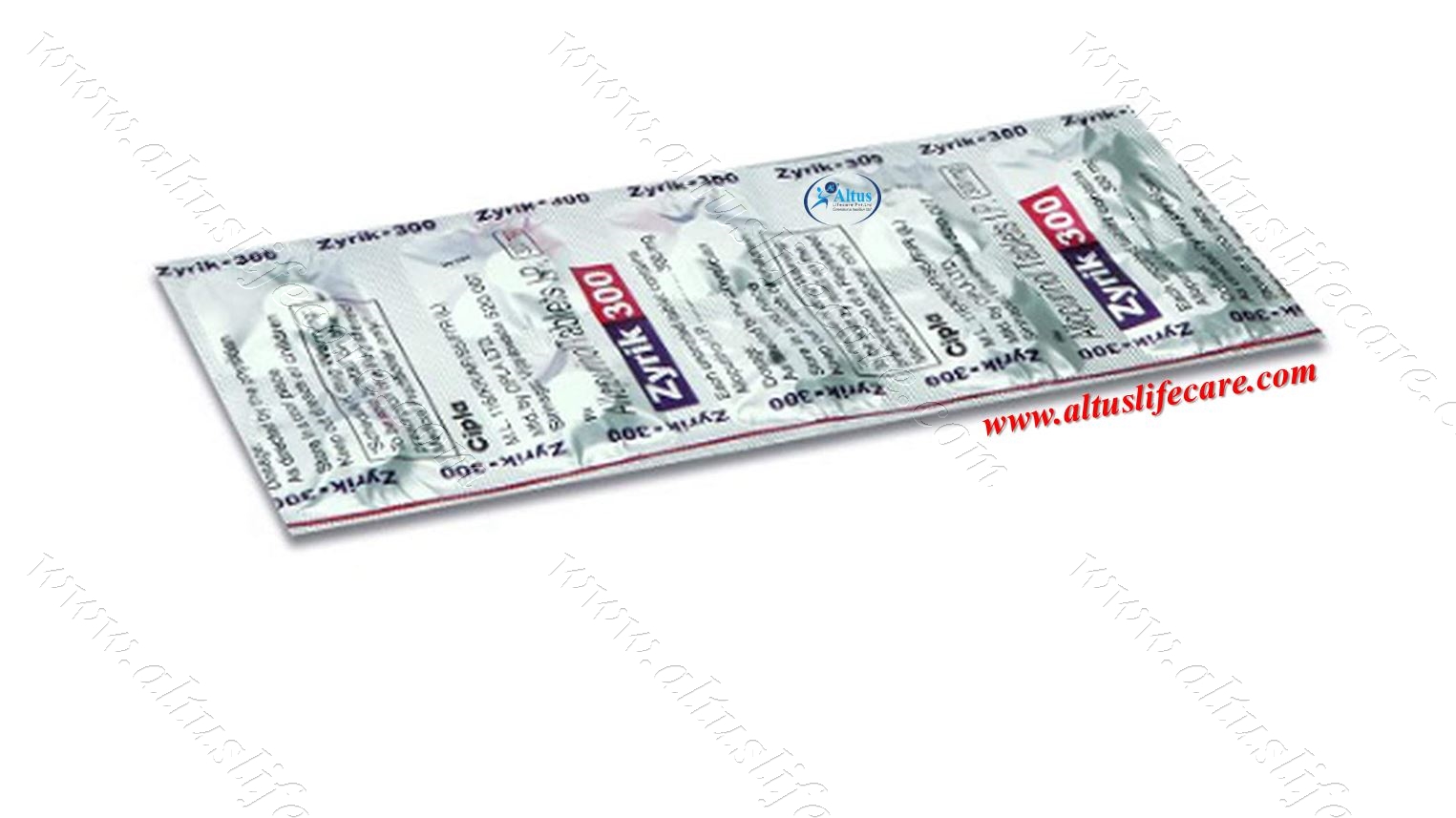No products in the cart.
Return To Shop
Menu
Categories
- Naltrexone
- Quit Smoking
- Pharmaceutical Vaccine
- Mens Health
- Anti Viral
- Antibiotics
- HCG Injections
- Cetaphil
- Diabetes
- Best Selling Products
- Anti Malarial
- Bimatoprost
- Chemical Peels
- Women's Health
- Kidney / Liver Care
- Botulinum
- Altus Product's
- Human Albumin
- Anti Fungal
- Dermal fillers
- Pharmaceutical Products
- Asthma
- Anti Cancer
- Beauty & Skin Care
- Thyroid Care
- Hepatitis
- HIV Medicines
- Weight Loss
- Modafinil
- Anti Emetic
- Neuropathic Pain
- Armodafinil
- Hair Loss
- Pain Relief
Wishlist
0
Sign in
Login
Register
- Anti-Cancer
- Armodafinil
- Bimatoprost
- Botulinum
- Dermal Fillers
- Hepatitis
- Mens-health
- Modafinil
- Naltrexone
- ANTI EMETIC
- Altus Product’s
- Anti Fungal
- Anti Malarial
- Anti Viral
- Antibiotics
- Asthma
- Beauty & Skin Care
- Cetaphil
- Chemical Peels
- Diabetes
- Hair Loss
- HCG Injections
- HIV Medicines
- Human Albumin
- Kidney / Liver Care
- Neuropathic Pain
- Pain Relief
- Pharmaceutical Products
- Pharmaceutical Vaccine
- Quit Smoking
- Thyroid Care
- Weight Loss
- Women’s Health
Shop and get discounts
Worldwide Shipping
Menu
Categories
- Naltrexone
- Quit Smoking
- Pharmaceutical Vaccine
- Mens Health
- Anti Viral
- Antibiotics
- HCG Injections
- Cetaphil
- Diabetes
- Best Selling Products
- Anti Malarial
- Bimatoprost
- Chemical Peels
- Women's Health
- Kidney / Liver Care
- Botulinum
- Altus Product's
- Human Albumin
- Anti Fungal
- Dermal fillers
- Pharmaceutical Products
- Asthma
- Anti Cancer
- Beauty & Skin Care
- Thyroid Care
- Hepatitis
- HIV Medicines
- Weight Loss
- Modafinil
- Anti Emetic
- Neuropathic Pain
- Armodafinil
- Hair Loss
- Pain Relief
Wishlist
0
0
Cart
$0.00
0
No products in the cart.
Return To Shop Shopping cart (0)
Subtotal: $0.00
Worldwide Shipping
Rated 5.00 out of 5 based on 1 customer rating
(1 customer review)
Compare
Please, enable Compare.
SKU: N/A
Category: Pharmaceutical Products
$28.57 – $175.32Price range: $28.57 through $175.32
Zyrik tablet contain Allopurinol which belongs to a group of medicine called enzyme inhibitors. It helps in reducing the level of uric acid in the body. This medicine reduces or prevent the formation of uric acid deposition in conditions such as gout or some types of kidney stones or kidney problems or when you are having treatment for cancer or some other conditions.
Have questions?
Our experts are ready to help.
Call : +91 9002 1002 33
Zyrik Tablet (Allopurinol 100mg / 300mg)
| COUNTRY OF ORIGIN | India |
|---|---|
| DOSAGE FORM | Tablets |
| GENERIC NAME | Allopurinol |
| INDICATION | Treatment of Gout |
| PACKAGING: | 10 tablets in 1 strip |
| MANUFACTURER | Cipla Ltd |
| COMPOSITION | Allopurinol (100mg / 300mg) |
INTRODUCTION
Zyrik tablet contain Allopurinol which belongs to a group of medicine called enzyme inhibitors. It helps in reducing the level of uric acid in the body. This medicine reduces or prevent the formation of uric acid deposition in conditions such as gout or some types of kidney stones or kidney problems or when you are having treatment for cancer or some other conditions.
Increased uric acid production leads to deposition of sodium urate microcrystals at the joints and kidney. ZYRIK tablet lowers the level of uric acid in the blood and urine by slowing down the speed of certain chemical reactions in your body. This medicine is rarely recommended for use in children and adolescents, except in malignant condition (especially leukaemia) and certain enzyme disorders such as Lesch-Nyhan syndrome. The common side effects are skin rash, increased level of thyroid stimulating hormone in the blood. Before taking this medicine tell your doctor if you have ever had kidney disease, heart disease, liver problems. Pregnant and breastfeeding women should consult their doctor before taking this medicine.
USES OF ZYRIK Tablet
- Helps in reducing the level of uric acid in the body in conditions such as gout or some types of kidney stones or kidney problems or during treatment of cancer
Allopurinol Tablets: Managing Uric Acid Levels in Gout
Allopurinol tablets are a widely prescribed medication for individuals dealing with gout, a painful form of arthritis caused by the buildup of uric acid crystals in the joints. These tablets contain the active ingredient Allopurinol, which operates by reducing the production of uric acid in the body. It does so by inhibiting the activity of the enzyme xanthine oxidase, which is involved in the formation of uric acid.
By lowering uric acid levels, Allopurinol tablets help prevent the formation of uric acid crystals, reducing the frequency and severity of gout attacks. These tablets are a crucial part of gout management and are prescribed based on the patient’s individual needs and medical history.
Chronic Gout Management: Medications to Lower Uric Acid Levels
Beyond treating acute gout attacks, the long-term management of gout focuses on reducing elevated uric acid levels in the blood to prevent future flares and complications. Medications like Allopurinol, Febuxostat, and Probenecid are commonly used to lower uric acid levels. Allopurinol and Febuxostat are xanthine oxidase inhibitors that reduce uric acid production, while Probenecid increases uric acid excretion through the kidneys.
The choice of medication is influenced by the patient’s overall health, comorbid conditions, and specific risk factors. It’s essential to work closely with a healthcare provider to establish a treatment plan that effectively manages gout and minimizes the risk of recurrent attacks and joint damage.
Drugs for Gout Allopurinol: Mechanism and Efficacy
Allopurinol is a widely prescribed medication for managing gout, a form of arthritis caused by the accumulation of uric acid crystals in the joints. It operates by reducing the production of uric acid in the body through the inhibition of the enzyme xanthine oxidase. By lowering uric acid levels, Allopurinol helps prevent the formation of uric acid crystals, thus reducing the frequency and severity of gout attacks.
The medication is particularly effective for individuals with recurrent gout flares or those at risk of joint damage due to elevated uric acid levels. Consultation with a healthcare provider is essential for determining the most suitable dosage and treatment plan tailored to individual needs.
Allopurinol Uses in Preventing Uric Acid Kidney Stones
Allopurinol is also used to prevent the formation of uric acid kidney stones, a condition known as uric acid nephrolithiasis. Uric acid stones can develop when there is an excess of uric acid in the urine, leading to the crystallization of urate deposits in the kidneys. By lowering uric acid levels, Allopurinol reduces the likelihood of uric acid stone formation.
This application of Allopurinol is particularly relevant for individuals with a history of recurrent uric acid kidney stones or those at risk of developing them due to high uric acid levels in their urine. Healthcare providers may prescribe Allopurinol to help prevent the recurrence of uric acid kidney stones.
Gouty Arthritis Treatment: Addressing Acute Gout Attacks
The management of gouty arthritis often starts with addressing acute gout attacks, which are characterized by sudden and excruciating joint pain, typically in the big toe. For the treatment of acute gout attacks, healthcare providers commonly prescribe nonsteroidal anti-inflammatory drugs (NSAIDs), colchicine, or corticosteroids. NSAIDs, such as indomethacin and naproxen, help reduce pain and inflammation in the affected joint.
Colchicine is an anti-inflammatory medication effective in preventing and treating gout flares. Corticosteroids may be administered orally or injected into the affected joint to alleviate severe pain and inflammation during gout attacks. The choice of medication depends on the patient’s health status and preferences. Timely intervention with these treatments can provide much-needed relief during acute gout attacks.
Gout Medications: Controlling Uric Acid Levels
The cornerstone of gout treatment involves medications aimed at controlling uric acid levels in the body. Elevated uric acid is the underlying cause of gout, as it can lead to the formation of urate crystals in the joints, resulting in painful gout attacks. Medications such as Allopurinol and Febuxostat are commonly prescribed to lower uric acid levels.
These drugs work by inhibiting the enzyme xanthine oxidase, which plays a key role in uric acid production. By reducing uric acid production, these medications help prevent the formation of urate crystals, thereby decreasing the frequency and severity of gout attacks. The choice of medication and dosage is determined by a healthcare provider based on individual health factors and the patient’s response to treatment.
HOW ZYRIK Tablet WORKS
ZYRIK tablet lowers the level of uric acid in the blood and urine by slowing down the speed of certain chemical reactions in your body.
DIRECTIONS FOR USE
Always take ZYRIK tabletexactly as your doctor has told you. It must be taken after food. Try to take this medicine at the same time each day. It should be swallowed whole with water. Do not crush or chew the medicine.
SIDE EFFECTS OF ZYRIK
SERIOUS
- Fever and chills, headache, aching muscle (flu-like symptom) and generally feeling unwell
- Serious hypersensitivity reactions involving skin rash, joint pain and abnormalities in blood and liver function tests (these may be signs of a multi-organ sensitivity disorder)
- Bleeding in the lip, eye, mouth, nose, or genital
- Ulcer of the mouth, throat, nose, genital areas
- Conjunctivitis
- Widespread blister or peeling of the skin
- Vomiting blood (haematemesis)
- Liver problems such as liver inflammation
- Serious allergic reaction which causes swelling of the face, lips, tongue or throat, or difficulty breathing or swallowing, severe boils
- Change in the amount of blood cell causing increased bruising, nosebleeds, sore throat, or infection
- Swollen lymph glands, joint pain, swollen blood vessels, yellowing of the skin or eyes
- Kidney damage
- Potentially life-threatening skin rashes (such as Stevens-Johnson syndrome, toxic epidermal necrolysis)
COMMON
- Skin rash
- Increased level of thyroid stimulating hormone in the blood
HOW TO MANAGE SIDE EFFECTS
Skin rash:
Avoid hot showers because hot water can irritate the skin. Do not rub or scratch the affected area. Use sunscreen and protective clothing when outdoors. Regularly use moisturizers to soothe and hydrate the affected area. If does not get better, speak to a doctor.
Headache:
Apply hot or cold-water bag on your head. Take rest in a quiet and dark room. Drink tea or coffee.
Fever:
Drink plenty of fluids and water. Avoid taking cold bath or showers.
WARNING & PRECAUTIONS
PREGNANCY
ZYRIK tablet should be used with caution in pregnant women. Consult your doctor before taking this medicine.
BREASTFEEDING
ZYRIK tablet is not recommended for use in breastfeeding women unless necessary. Discuss the risks and benefits with your doctor.
DRIVING AND USING MACHINES
Do not drive or operate machinery while taking this medicine, since it may cause drowsiness, giddy or coordination problems.
ALCOHOL
Consumption of alcohol is not recommended during treatment with ZYRIK tablet.
KIDNEY
ZYRIK tablet should be used with caution in patients suffering from active kidney diseases. Consult your doctor for advice.
LIVER
ZYRIK tablet should be used with caution in patients suffering from liver function impairment or active liver diseases. Consult your doctor for advice.
ALLERGY
Do not take ZYRIK tablet if you are allergic (hypersensitive) to Allopurinol or any other ingredients in this medicine.
HEART DISEASE
ZYRIK tablet should be used with caution in patients suffering from active heart diseases. Consult your doctor for advice.
OTHERS
Tell your doctor if you have or had a condition such as,
- High blood pressure
- Currently having an attack of gout
- Thyroid problems
- An intolerance to some sugars
- Cancer or Lesch-Nyhan syndrome
INTERACTIONS
Talk to your doctor if you are taking,
- Aspirin
- ACE inhibitor such as captopril (used to treat high blood pressure)
- Antibiotics such as ampicillin and amoxicillin (used to treat bacterial infections)
- Anticoagulants such as dicoumarol, phenprocoumon, warfarin (used to thin the blood)
- Chlorpropamide and tolbutamide (used to treat diabetes)
- Phenytoin, carbamazepine (used to treat epilepsy)
- Azathioprine, mercaptopurine, cyclophosphamide (used for chemotherapy)
- Ciclosporin (used to suppress the immune system following organ transplant and in immune related disorders)
- Theophylline (used to treat asthma and breathing disorders)
- Thiazide diuretics
- Medicines used to reduce uric acid levels (e.g. probenecid, salicylate)
- Anti-viral drug such as vidarabine
- Other medicine (used to treat gout)
- Didanosine (used to treat HIV infection)
- Aluminium hydroxide
- Cytostatics such as doxorubicin, bleomycin, procarbazine, alkyl halogenides
SYNOPSIS
| Drug | : | Allopurinol |
| Pharmacological Category | : | Antigout Agent |
| Therapeutic Indication | : | Gout, kidney stones or kidney diseases, during cancer treatment |
| Dosage Forms | : | Tablet, Capsule |
MORE INFORMATION
Store below 20-25°C and keep out of reach of children.
| Composition | Zyrik 100 Tablet, Zyrik 300 Tablet |
|---|---|
| Pack Size | 100 Tablet/s, 200 Tablet/s, 300 Tablet/s, 500 Tablet/s, 1000 Tablet/s |
1 review for Zyrik Tablet (Allopurinol 100mg / 300mg)
Add a review Cancel reply
Related products
Buy Alfacal Capsule (Alfacalcidol 0.25mcg / 1mcg)
From: $38.96Alphadol Capsule | Alfacalcidol
From: $38.31Buy Depo-Medrol 40mg Injection
From: $37.66Atorva 20 Tablet (Atorvastatin 20mg)
From: $39.29Cernos Depot Injection (Testosterone 1000mg)
From: $79.22Lipicure 10 Tablet (Atorvastatin 10mg)
From: $33.83Buy Cernos Soft Gelatin Capsule
From: $51.95
Eptus 50 Tablet (Eplerenone 50...
From: $66.23


Zyrolic Tablet (Allopurinol 10...
From: $28.57
More
More
- Anti-Cancer
- Armodafinil
- Bimatoprost
- Botulinum
- Dermal Fillers
- Hepatitis
- Mens-health
- Modafinil
- Naltrexone
- ANTI EMETIC
- Altus Product’s
- Anti Fungal
- Anti Malarial
- Anti Viral
- Antibiotics
- Asthma
- Beauty & Skin Care
- Cetaphil
- Chemical Peels
- Diabetes
- Hair Loss
- HCG Injections
- HIV Medicines
- Human Albumin
- Kidney / Liver Care
- Neuropathic Pain
- Pain Relief
- Pharmaceutical Products
- Pharmaceutical Vaccine
- Quit Smoking
- Thyroid Care
- Weight Loss
- Women’s Health























Giavanna (verified owner) –
“Exceptional product quality, and the shipping was surprisingly fast!”